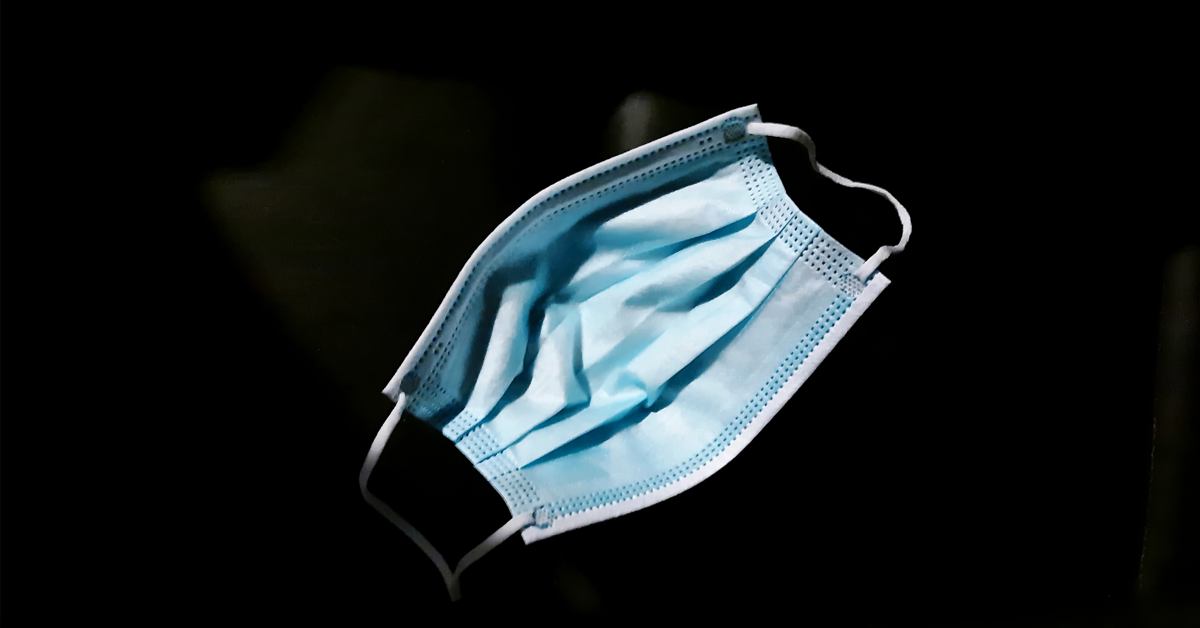Wastewater testing is the latest avenue for the Central Valley to track the current state of COVID-19 infections.
Healthy Central Valley Together – a wastewater testing organization involved with UC Merced and UC Davis – announced Tuesday that it is posting data from testing samples from wastewater treatment from communities in the northern San Joaquin Valley.
The data shows the amount of SARS-CoV-2, the virus that causes COVID-19, in the wastewater.
“The method we use is the most sensitive available, and the results it yields have tracked closely with COVID-19 cases in other places,” said Heather Bischel, assistant professor of civil and environmental engineering at UC Davis and project lead for Healthy Central Valley Together, in a press release.
“With more people opting for at-=home tests and publicly run asymptomatic diagnostic testing less available, these data paint a more complete, community-level portrait of infection because everyone who uses the bathroom is included in the samples.”
Currently the communities of Davis, Esparto, Los Banos, Merced, Modesto, Turlock, Winters and Woodland are participating in the program.
Samples are taken at the wastewater treatment plants several times each week and are sent to a new West Sacramento laboratory for testing.
The lab is run by Eurofins Pandemic Prevention Services, which uses a method developed at Stanford University to identify genetic markers of SARS-CoV-2 by using droplet digital Polymerase Chain Reaction.
Test results show concentrations of the N and S genes found in nearly all variants of the virus, as well as one virus variant that public health officials are monitoring closely.
“We are increasing health equity by providing a leading approach to wastewater monitoring to parts of the state that thus far have had less access to it,” said Colleen Naughton, assistant professor of civil and environmental engineering at UC Merced and investigator for Healthy Central Valley Together.
The organization said that markers of COVID-19 can be found in human waste before an infected person shows symptoms, which can inform counties and cities about infection trends.
Data for Merced, Stanislaus and Yolo Counties can be viewed here.











